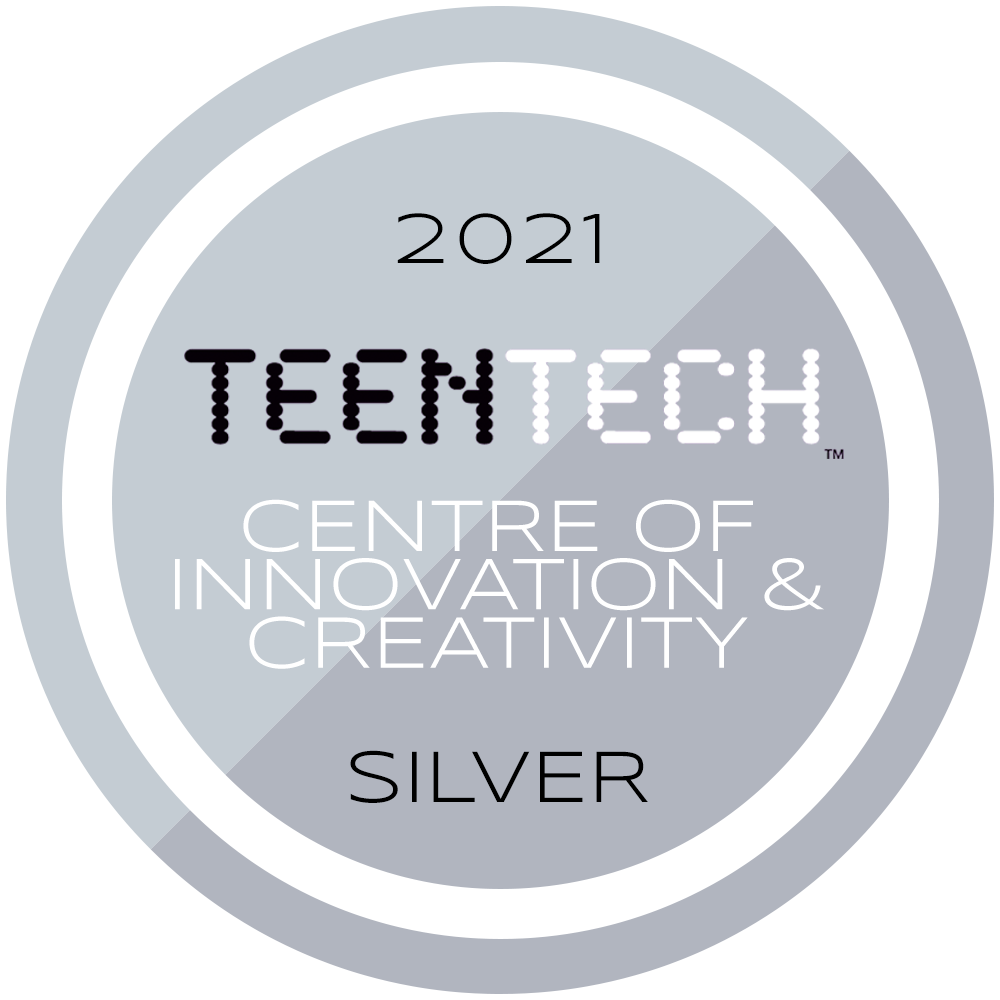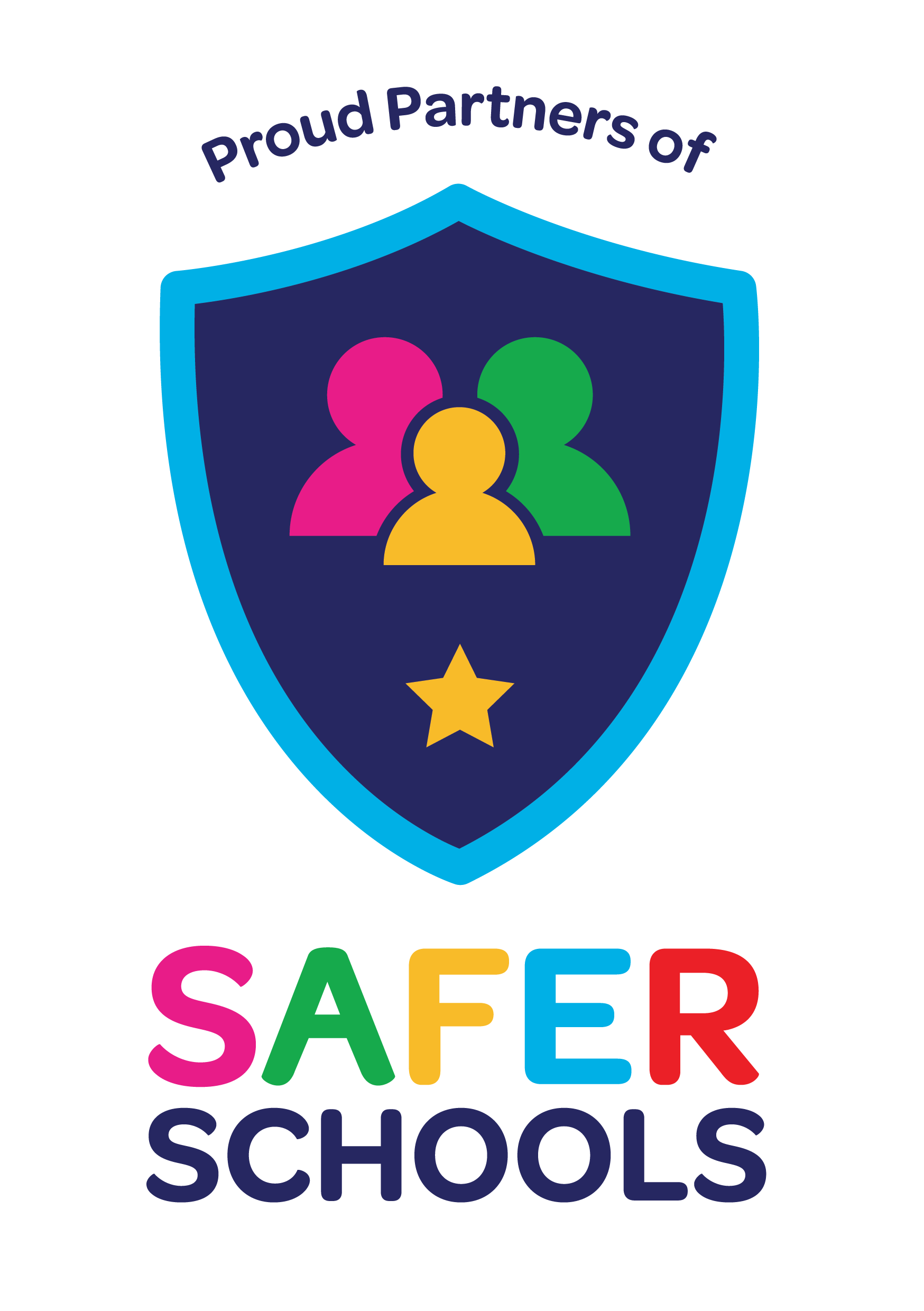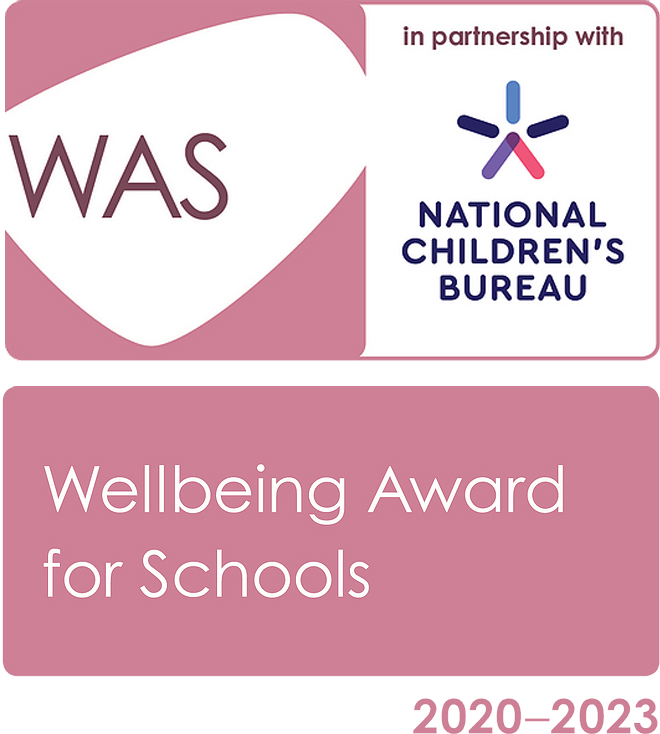British Values
Global Citizenship
Global Citizenship
Ormiston Rivers Academy provides an inclusive, student-centred approach that offers
our young people a high-quality education and develops confident, well informed active
citizens who understand their responsibilities in serving their local community and to
play their part in being a global citizen.
The Department for Education has reinforced the need “to create and enforce a clear
and rigorous expectation on all schools to promote the fundamental British values of
democracy, the rule of law, individual liberty and mutual respect and tolerance of those
with different faiths and beliefs.”
Ormiston Rivers Academy is committed to serving its community and surrounding
areas. It recognises the multi-cultural, multifaith and ever-changing nature of the
United Kingdom, and therefore those it serves. It also understands the vital role it has in
ensuring that groups or individuals within the school are not subjected to intimidation
or radicalisation by those wishing to unduly, or illegally, influence them.
The school accepts admissions from all those entitled to an education under British
law, including pupils of all faiths or none. It follows the policies outlined by its governing
body regarding equal opportunities, which guarantee that there will be no
discrimination against any individual or group, regardless of faith, ethnicity, gender,
sexuality, political or financial status, or similar. It seeks to serve all.
The Government emphasises that schools are required to ensure that key ‘British
Values’ are taught in all UK schools. The government set out its definition of British
values in the ‘Prevent Strategy’ – values of:
Tolerance of those of different faiths and beliefs.
This also aligns with the academy’s obligations, under section 78 of the Education Act
(2002), as part of a broad and balanced curriculum to promote the spiritual, moral,
cultural and social (SMSC) developments of all students. The academy uses strategies
within the National Curriculum and beyond to secure such outcomes for students.
The examples that follow give a flavour of the many ways we seek to embed British
Values throughout the academy. They should therefore be seen as an indication of our
approach rather than an exhaustive list.
Please click below to see how British Values is taught throughout our curriculum.








